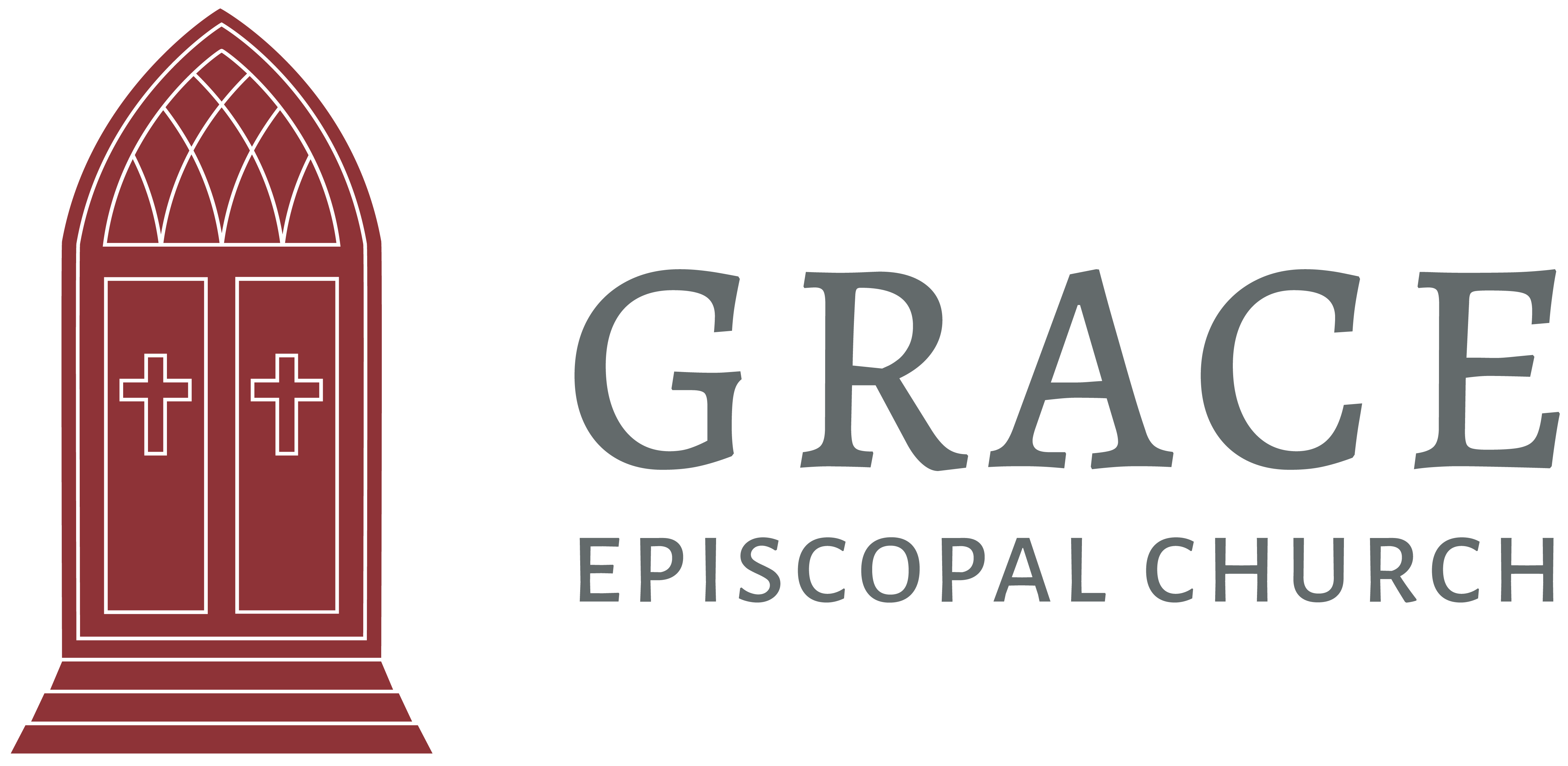Psalm 31; 1 Kings 11:26-43; James 4:13-5:6; Mark 15:22-32
When you start to read everything through the lenses of politics, the innocent suffer. That’s the problem with Jesus’ arrest and execution: the Sanhedrin see Him as a political threat, Pilate sees Him as a political cipher Whose execution will place the Sanhedrin firmly in debt to Rome, Herod sees Him as a political puzzle too closely allied to the restless ghost of John the Baptist (whose critique of a royal marriage was a critique of royal rule period), the apostles see Him as a political answer to a political question. When everything is about who controls the levers of power, about winning the game of politics, the innocent suffer.
Where is this in the text, you ask? Thank you for asking! It’s right there in verses 26 and 27. “The inscription of the charge against him read, ‘The King of the Jews.’ And with him they crucified two bandits.” The charge isn’t blasphemy, or inciting the crowds, it’s a political charge. And that word bandit, or in Greek λῃστής: it carries far more meaning than just “robber.” It really means something more like “insurrectionist.” It’s a robber who upsets the apple cart and threats the established order. Like those “freedom fighters” all over the developing world who violently take property from their neighbors but claim to be attacking not the poor but their corrupt government.
In the Crucifixion, everyone except Jesus, Mary and maybe John the beloved apostle have made the mistake of reading their world through the lens of politics, when instead they should be reading their politics through the lenses of faith. The Romans, the Sanhedrin, the revolutionaries ranging from “respectable” Zealot to “disreputable” bandit, they are all anxious to seize and hold onto the levers of power. Jesus, on the other hand, consistently says power is a delusion, a trap, that we’re to lay down our lives, not bring swords to the fight, pick up our crosses rather than put them on someone else who “deserves” them. He wields great authority but has no power: people follow His example because it’s persuasive, rather than doing as they’re commanded on pain of sure and certain consequence to follow. That, friends, is the goal: to persuade others by the charismatic beauty of our lives.
Politics, the art of the possible, the art of looking after the common good, is in itself a noble thing, and I firmly believe most politicians go into the field for noble and admirable reasons–but like art, romantic love, red wine, science and family loyalty, it’s a noble thing that can easily grow into an all-consuming idol if we’re not careful. When the equation is “how do I keep my team in charge of the levers of power” rather than “how can we utilize the power at hand to better the lives of everyone involved,” someone innocent will always get hurt. We’ll always characterize our opponents as bandits worthy of brutalization, and we’ll always be willing to hang someone Who did nothing on a cross to score a few points against our opponents, or tickle them into owing us big. Among the gazillion other things going on in Mark 15 is a very stark warning to us, in our current obsessional cultural phase, to get off our soapboxes and lay down our rhetorical weapons and stop seeing things in terms of who’s in office and how to hold onto our margins of power.

